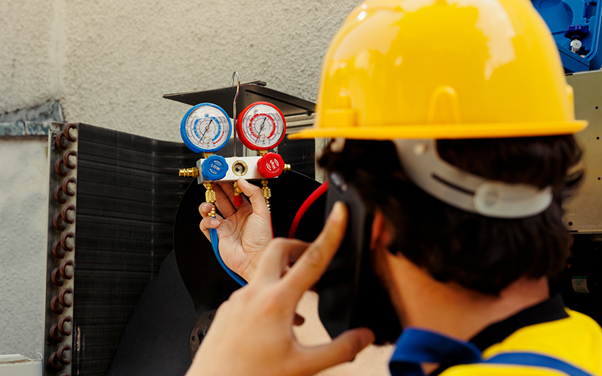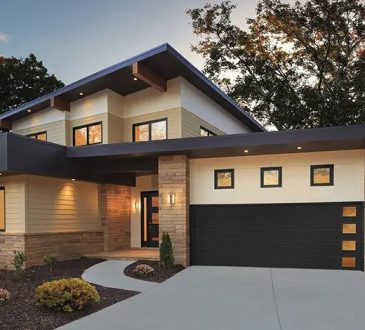
Indoor air quality has become a growing concern in both residential and commercial settings, particularly in densely populated areas where air-conditioning systems operate continuously. Due to this, the role of an aircon contractor today extends far beyond simply installing or maintaining cooling systems. Due to the increasing demand for indoor air quality testing services, contractors are now required to align their work scope with data-driven findings that reveal pollutants, humidity issues, and ventilation inefficiencies.
Linking Air Quality Testing with Aircon Work
Indoor air quality testing services identify the concentration of pollutants such as dust, volatile organic compounds, mould spores, and carbon dioxide. These tests also measure humidity levels and ventilation performance. The results, for an aircon contractor, provide a clearer picture of what adjustments or upgrades are required. Once a test indicates poor circulation, the contractor may be tasked with modifying ducting or rebalancing the airflow. Meanwhile, if high humidity is reported, the contractor may need to assess the system’s dehumidification capacity or recommend additional equipment.
Installation Adjustments Based on Test Data
The installation phase is one area where air quality testing directly shapes an aircon contractor’s responsibilities. Testing may reveal that the chosen unit does not meet the ventilation needs of a given space, prompting contractors to re-evaluate capacity and design. Testing data in commercial projects, such as offices or healthcare facilities, may also highlight the need for advanced filtration systems or the integration of energy recovery ventilators. This instance means contractors must remain adaptable, ensuring their installations address both cooling and air quality standards rather than focusing on temperature control alone.
Servicing and Maintenance Informed by Testing
Routine servicing now also incorporates indoor air quality considerations. Traditionally, servicing centred on cleaning filters, checking refrigerant levels, and ensuring system efficiency. Due to the presence of testing data, an aircon contractor is expected to go further. For instance, elevated particulate levels revealed during testing may lead to recommendations for higher-grade filters. Evidence of mould spores might require deep chemical cleaning of coils and ducts. This shift means contractors must expand their maintenance scope and be ready to provide tailored solutions that address more than just mechanical wear and tear.
Compliance and Client Assurance
Indoor air quality in sectors such as education, healthcare, and hospitality is closely linked to compliance with safety and health regulations. Testing services provide documented evidence of air quality, which contractors can use as part of their deliverables to clients. An aircon contractor not only fulfils technical obligations but also reassures clients that their systems are compliant with industry expectations by working in alignment with testing results. This approach also strengthens client trust, as decisions are backed by measurable data rather than guesswork.
Shaping Long-Term Partnerships
The integration of testing services into the contractor’s workflow also helps build long-term client relationships. Instead of operating on a reactive basis, contractors can adopt a proactive role by monitoring changes in indoor air quality over time and adjusting service schedules accordingly. This ongoing involvement creates opportunities for value-added contracts, where the contractor is seen not just as a service provider but as a partner in maintaining healthy indoor environments.
Conclusion
The emergence of indoor air quality testing services has redefined the scope of work for every aircon contractor. From installation to servicing and compliance, testing data provides the foundation for informed decisions and tailored solutions. This trend is set to continue as clients demand more holistic approaches to indoor comfort and safety. Embracing this shift is no longer optional for contractors; it is a necessary part of staying relevant in today’s built environment industry.
Contact Newway for cooling solutions that not only optimise performance but also safeguard the health of your indoor environment.




